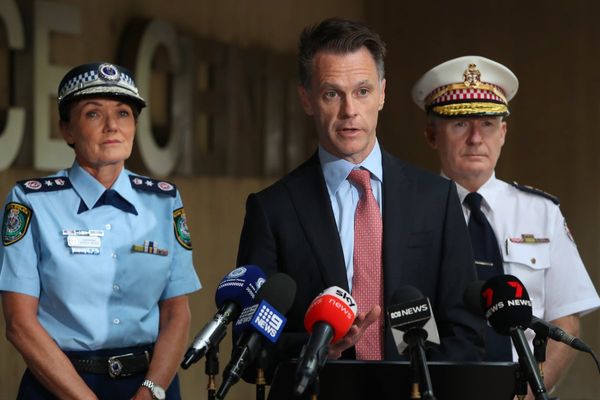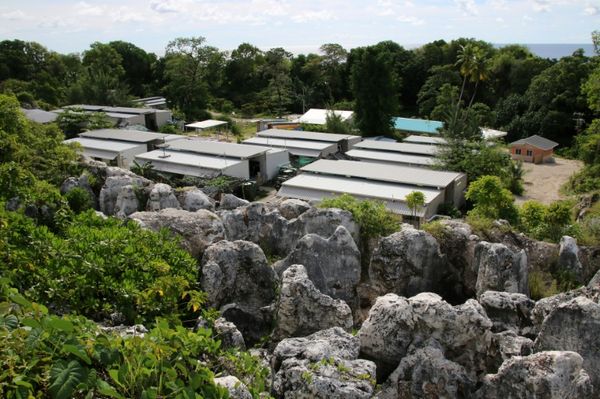
The Australian and US governments have signed an agreement on the sidelines of a global summit on biodiversity, promising to better measure the economic value of nature and reflect it in national accounts.
The deal was announced on Friday as the Cop15 conference on biodiversity in Montreal was at risk of failing to reach agreement on a new framework for nature.
The Australian environment minister, Tanya Plibersek, said the two countries would work together to develop a global standard for measuring the amount of nature, its condition and its economic contribution to jobs and wellbeing. Australia and the US are the world’s only developed countries that are considered biologically megadiverse.
“People around the world rely on nature for their livelihoods, so it doesn’t make sense that our economy doesn’t properly recognise the dollar value of nature. It should,” Plibersek said. “If we get this right, the work by Australia and the United States could be adopted worldwide.”
The end goal is for natural capital to be factored into national economic measures.
The agreement was announced as global talks to settle a framework for halting and reversing the decline of nature were frustrated in part due to disagreement over funding for conservation in developing nations.
The summit is aiming to secure commitments including halting extinctions, protecting 30% of land and 30% of sea areas by 2030 and ensuring business accounts for the impacts it has on nature by making nature-related financial disclosures.
The US is not a signatory to the Convention on Biological Diversity but is participating in the talks. Plibersek is due to arrive on Friday alongside the Greens’ Sarah Hanson-Young and independent senator David Pocock.
Nine days into negotiations, countries have failed to secure agreement on any of 22 proposed targets.
A key sticking point has been how the targets, once agreed, would be implemented.
Poorer nations have called for developed countries to establish and pay into a new fund that would support conservation work in developing nations.
“It’s taken nine days to land zero targets,” Rachel Lowrey, WWF-Australia’s chief conservation officer, said.
“Every developed nation attending this conference should be putting new and ambitious funding on the table to help make sure this isn’t an empty deal.”
Australia has not offered any new money in the event a new fund is established. However, it has said it will increase its international public finance for nature through to 2030 and that $2bn that was committed from 2020-2025 to assist developing countries dealing with the effects of climate change would also be targeted at biodiversity projects.
Lowrey said the proposal to factor nature into national accounts could be positive if it was “high integrity,science based and achieves genuine value for people and nature well beyond greenwashing.”
But she said it was a shame countries seemed incapable of valuing “nature for nature’s sake” for its intrinsic beauty and the role it played in ensuring clean air and water.
Research by the Australian Conservation Foundation found roughly half Australia’s GDP (49% or $896bn) had a moderate to very high direct dependence on nature.
The ACF’s chief executive, Kelly O’Shanassy, said natural capital accounting should be about gathering accurate information about the state of nature so that governments and businesses could make sure they were “operating within nature’s boundaries”.
“Treasurers and central banks have a responsibility to measure the state of nature, the ways our economy depends on nature and what damage economic activity is doing to nature,” she said.
But she said not all of nature could be economically measured.
“You can’t put a dollar value on 100-year-old tree hollows or million-year-old wetlands. But these places and the species they house must still be protected,” she said.
Tim Beshara, of the Wilderness Society, said the commitment to improved environmental accounts, while welcome, “only really matters if the Treasury is actually then going to use the data to guide their economic decisions”.
Until that happened, he said the proposal was “nice fluff” without substance.
“The Australian Treasury has historically been a key blocker for turning around the environmental crisis,” he said.
“More data is always useful but really what we need is Treasury and the Albanese government’s expenditure review committee to grant the environment minister sufficient funding to get the job done.”







